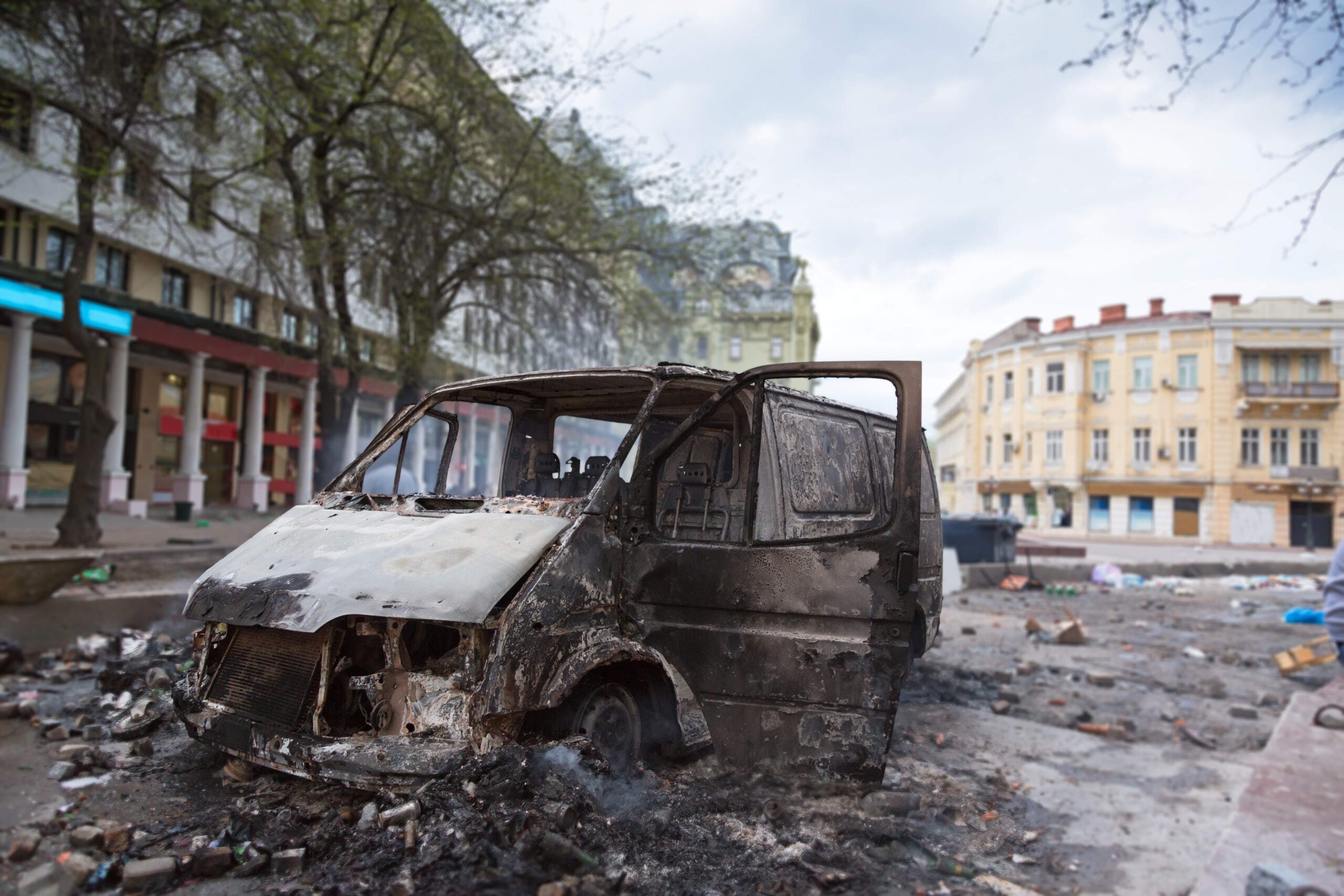
The International Monetary Fund’s (IMF) executive board will meet next week to decide whether or not to approve the next $1bn instalment of its $17.5bn bailout program for cash-strapped Ukraine.
High level officials at the IMF, the Washington-based organisation made up of 189 countries working to foster global monetary cooperation, have already delayed the disbursement of cash to assess the impact of Kiev’s blockade.

Access deeper industry intelligence
Experience unmatched clarity with a single platform that combines unique data, AI, and human expertise.
The Ukrainian capital imposed a freeze on rail and road cargo links to Russian-backed breakaway enclaves earlier this month after pro-Russian separatists seized control of crucial parts of the country’s commodity sector.
“It [the blockade] is to be in effect until the occupiers return stolen Ukrainian factories to Ukrainian jurisdiction,” said Ukraine’s president Petro Poroshenko, who ordered the blockade.
Ukraine’s central bank said last week that the “effects of the trade blockade” were responsible for changes to the country’s 2017 economic growth estimates, which were reduced from 2.8 percent to 1.9 percent.
“Consideration of the third review of Ukraine’s arrangement under the Extended Fund Facility by the IMF’s Executive Board, together with the 2016 Article IV consultation, is being scheduled for April 3, 2017,” Jerome Vacher, the IMF’s resident representative in Ukraine, said in a statement early on Thursday. “Completion of the third review will enable the disbursement of about $1bn.”
 GlobalData Strategic Intelligence
GlobalData Strategic IntelligenceUS Tariffs are shifting - will you react or anticipate?
Don’t let policy changes catch you off guard. Stay proactive with real-time data and expert analysis.
By GlobalData
Banks in Ukraine are already feeling the economic impact of the blockade.
“We’ve already revised our annual forecast to zero,” said Oleksiy Blinov, chief economist of Alfa-Bank Ukraine.
More than 10,000 people have died since the Russian-backed rebels seized parts of the Donetsk and the Luhansk regions in April 2014, triggering clashes with Ukrainian forces.
In March 2014, Russia annexed Ukraine’s southern peninsula, Crimea.







